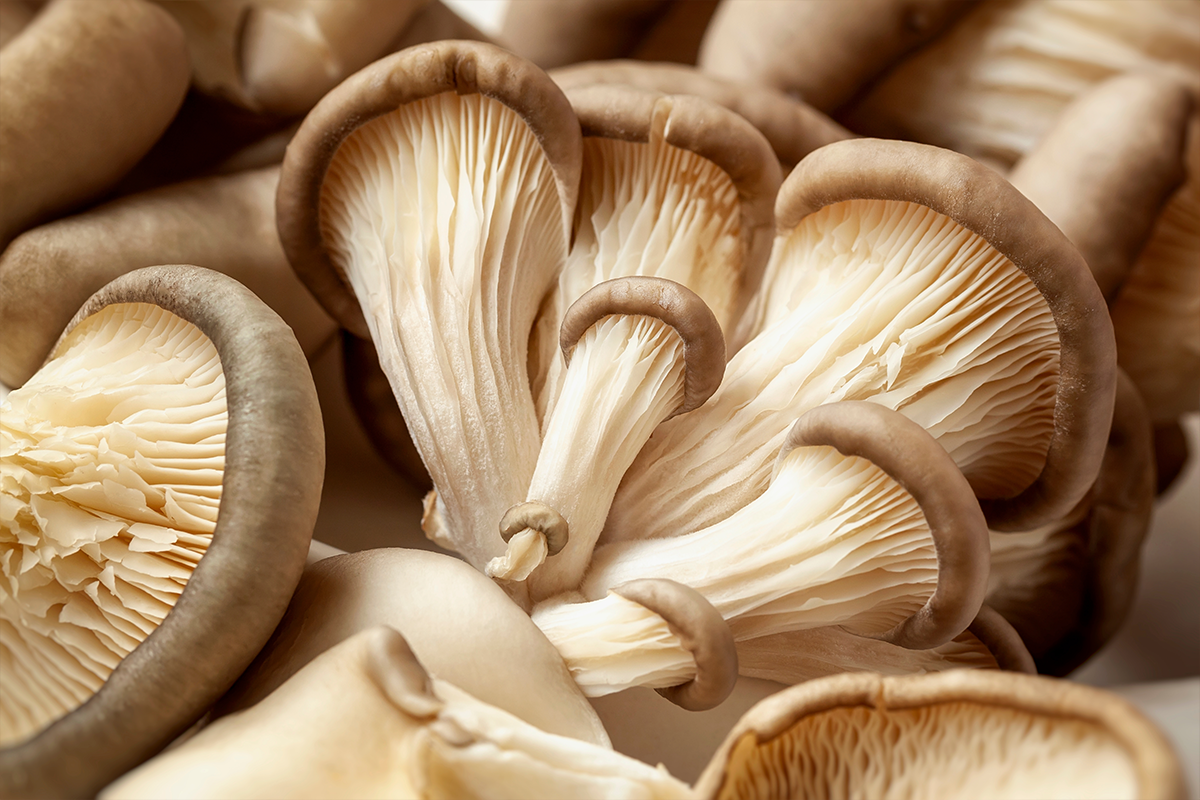Advertisement
The Role of Mushrooms in Cancer
In the nutritional industry, the immunomodulator category, which refers to ingredients that enhance the immune system without over-stimulating it, is extensive and can be quite confusing. The largest and most popular category of immunomodulators is mushroom extracts. Historically, the use of medicinal mushrooms dates back to ancient Asia, with anecdotal evidence of mushrooms’ effectiveness. Currently, … Continued

In the nutritional industry, the immunomodulator category, which refers to ingredients that enhance the immune system without over-stimulating it, is extensive and can be quite confusing.
The largest and most popular category of immunomodulators is mushroom extracts. Historically, the use of medicinal mushrooms dates back to ancient Asia, with anecdotal evidence of mushrooms’ effectiveness.
Currently, manufacturers are investing in controlled clinical trials to clearly demonstrate the general health benefits of mushrooms, and to identify the specific biochemical reactions that lead to enhanced immune reactions. There are a wide variety of mushrooms that are looked to for their immune-boosting properties.
Coriolus is the most promising mushroom from more than 50 that have been identified as exhibiting anti-cancer activity. It contains two highly effective active chemicals: PSK (polysaccharide-K) and PSP (polysaccharide peptide). Both have been shown to boost immune cell production, reduce chemotherapy symptoms and make tumour cells more vulnerable to attack from the immune system’s T-cells. Their extremely high tolerability, proven survival and quality-of-life benefits, and compatibility with chemotherapy and radiation therapy make them well suited for cancer management regimens.
Maitake is another mushroom of medicinal value. Animal studies with maitake have indicated that natural killer (NK) cells, the body’s first line of defence against disease, display increased activity levels of more than 80 percent, while cytokine secretion and T-cell production are also enhanced. There has been only one human study, which demonstrated a reduction of tumours in breast, liver and lung cancer patients and reduction in chemotherapy side-effects, including nausea, vomiting and pain.
There are also other natural products that exhibit equally impressive immune-boosting properties, some even more than single mushroom products. One such medicinal is arabinoxylan (rice bran hydrolyzed with the enzymatic extract of shiitake mushrooms). It has been shown in clinical and in vitro studies to significantly enhance major components of the immune system. It triples NK-cell activity and is clinically proven to boost B- and T-cell activity by 200 to 250 per cent, while heightening cytokine production (cytokines are critical to perpetuate the activity of the entire immune system).
Unlike many other biological response modifiers, arabinoxylan does not cause “hypo-responsiveness,” a brief period of effective immune enhancement followed by a significant drop in immune function despite the continuation of treatment. Its long-term efficacy has been clinically proven for a period of five years and there are no known serious side-effects.
Clinical studies have also shown that using arabinoxylan in conjunction with chemotherapy may increase the effectiveness of chemo against certain cancer cells. Doctors were able to reduce the dose of chemotherapy without losing the effectiveness of the drugs. This shows great promise for reducing the resistance of cancer cells to the chemotherapy while also decreasing the side-effects.
Additionally, arabinoxylan has been shown to enhance quality of life and survival rates of terminal cancer patients in unpublished research. More than 200 terminal cancer patients were evaluated over 18 months. Quality of life parameters were measured, such as pain, malaise, nausea and appetite; and NK-cell activity levels were recorded. Patients taking three grams of arabinoxylan daily had significant improvement in all quality of life parameters as compared to the control group.




